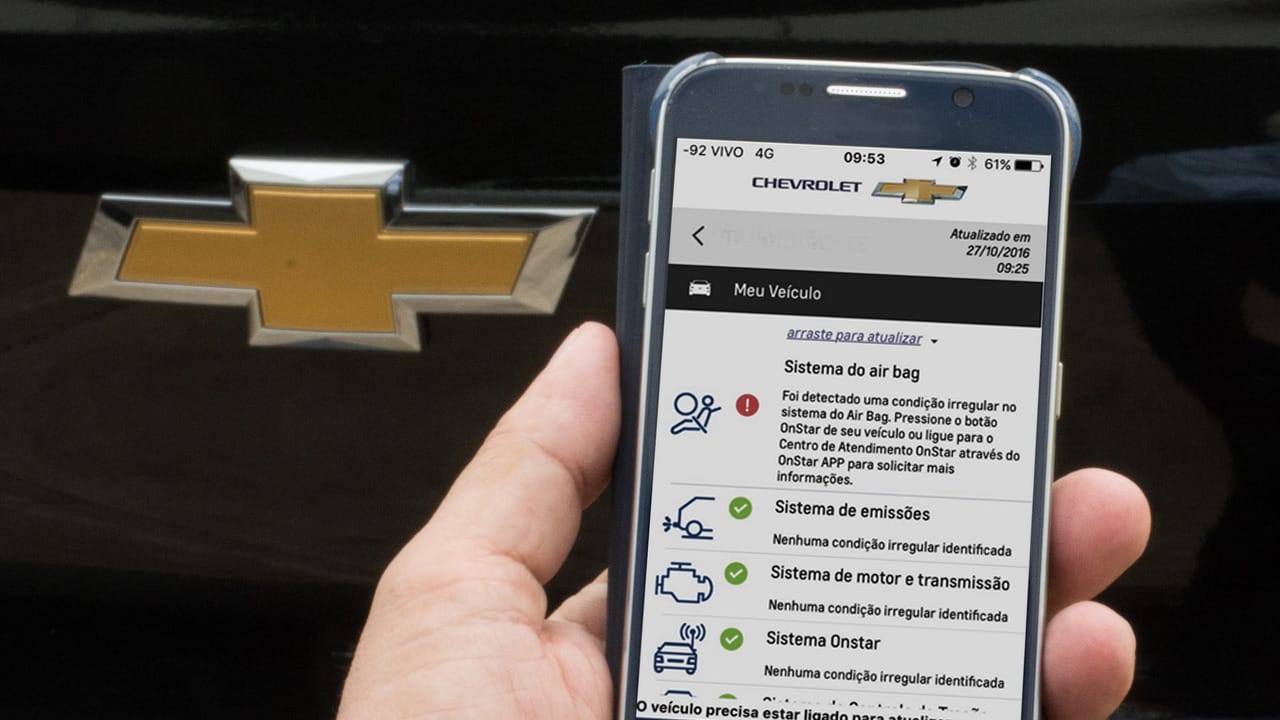
Find out what automakers don't want you to know about your driving data
According to TecnoBlog, have you ever stopped to think about what happens to the data that your car collects while you drive? So it is, Automakers are selling this information to insurance companies, and this could be directly affecting the value of your car insurance. Understand how this works and how it can impact your pocket.
Many automakers offer native apps, like GM's OnStar, that supposedly aim to improve your driving experience in your car. These applications monitor a series of information, from the times you usually drive to details about your driving habits, such as sudden braking and strong acceleration in car. In theory, this data can help drivers improve their habits and save fuel, but in practice, it is being sold to insurance companies, which can result in increases in insurance premiums.
The risks of driving gamification: Are you paying more for your insurance without knowing it?
The idea behind these apps seems to be beneficial, but what if you are providing data that is being used against you? Data analytics companies such as LexisNexis and Verisk are intermediating the sale of this information to car insurers, who in turn use this data to assess drivers' risk and adjust insurance prices. This means that, even without a history of accidents, you could end up paying more for your insurance simply based on the driving patterns your car records.

Protect your privacy: What can you do to stay safe?
Given this reality, it is important that drivers are aware of the risks and know how to protect their privacy. Although some automakers claim that they share data only with the consent of drivers, it is essential to carefully read the terms of use and privacy policies of the applications before agreeing to the sharing of information obtained by the car. Furthermore, it is essential to pressure automakers to be more transparent and responsible in the treatment of customer data, ensuring that drivers' privacy and safety are always prioritized.











